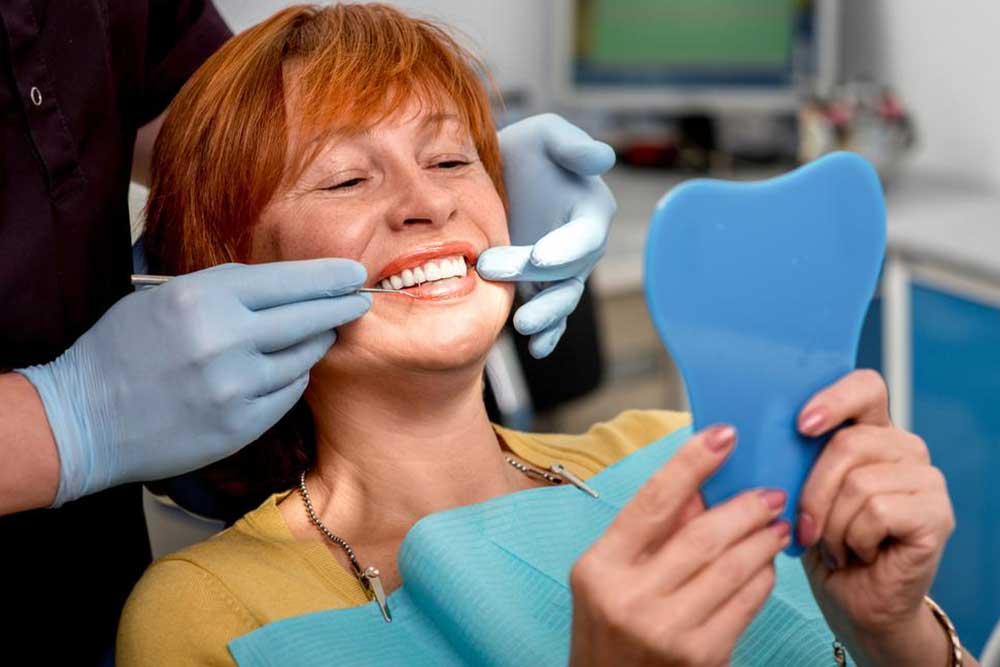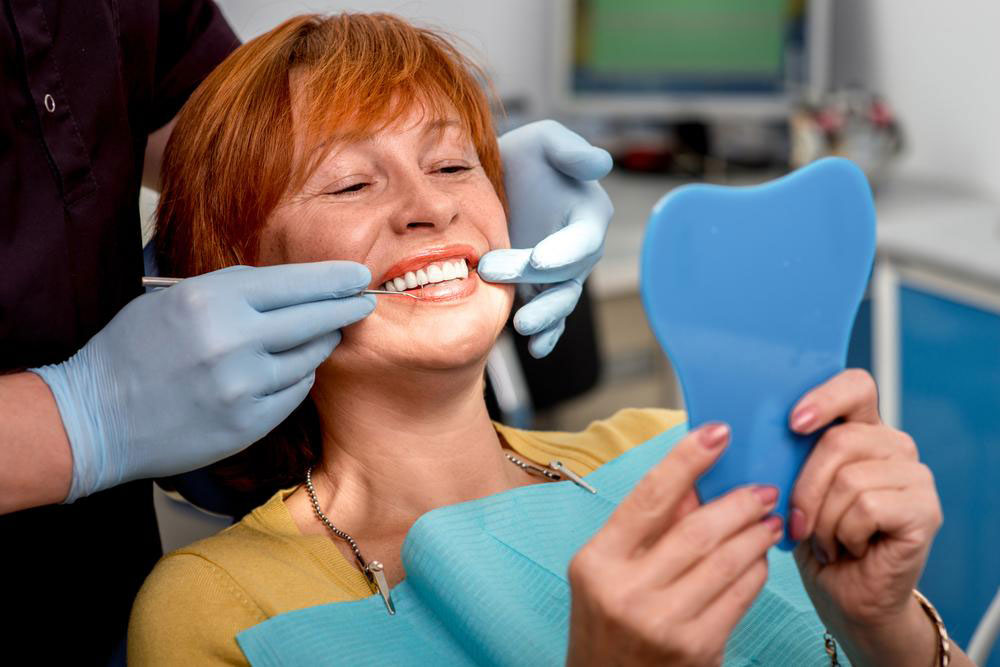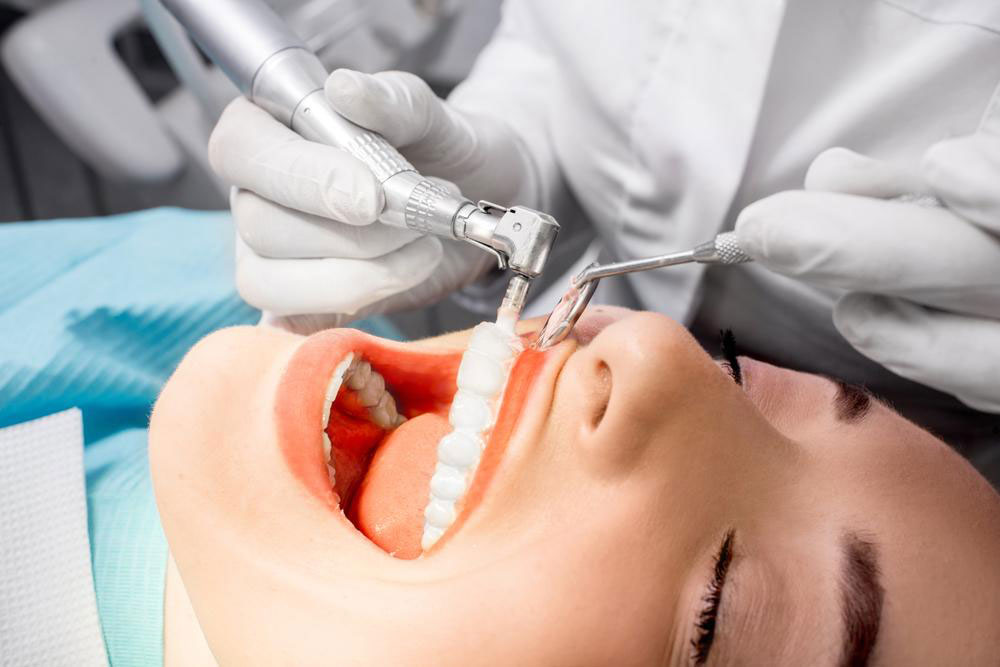Comprehensive Guide to Dental Insurance Options for Senior Citizens
This comprehensive guide explains the dental coverage options available for seniors, including Medicare Advantage plans with dental benefits and standalone dental insurance policies. It highlights the importance of proper dental care, how to choose the right plan, and why investing in dental health is essential for overall well-being in old age. Whether you need basic preventive services or extensive dental treatments, this article provides valuable insights to help seniors secure affordable and effective dental coverage, ensuring a healthier, happier life.

Comprehensive Guide to Dental Insurance Options for Senior Citizens
As we age, maintaining good oral health becomes an increasingly important aspect of overall wellbeing. However, for many seniors, accessing affordable dental care can be challenging, especially since traditional Medicare plans typically do not include dental coverage. Although supplemental plans, such as Medigap policies, often exclude dental benefits as well, there are various options tailored specifically for seniors to ensure their dental health needs are met effectively and affordably.
This comprehensive guide explores the various dental coverage options available to seniors today, breaking down the differences between Medicare Advantage plans and stand-alone dental insurance policies. By understanding these options, seniors can make informed decisions that ensure their oral health needs are adequately addressed, ultimately enhancing their quality of life and overall health.
Understanding the Limitations of Traditional Medicare
Traditional Medicare (Part A and Part B) primarily covers hospital stays, outpatient services, and certain medical treatments. However, it explicitly excludes most dental care services, such as routine cleanings, fillings, crowns, and extractions. As a result, seniors relying solely on Medicare often face high out-of-pocket costs for dental treatments or must seek alternative coverage options.
Some Medigap or supplemental insurance plans also tend to exclude dental coverage, making it essential for seniors to explore other avenues to obtain affordable dental care. Failing to plan for dental coverage can lead to delayed treatments, worsening dental health, and increased healthcare costs in the long run. Recognizing this gap, many seniors turn to specialized dental insurance plans that cater to their unique needs and budget constraints.
Getting adequate dental coverage might seem daunting at first, but understanding the available options can simplify the process. There are mainly two routes seniors can consider: enrolling in a Medicare Advantage plan that includes dental benefits or purchasing a stand-alone dental insurance policy from private insurers.
Medicare Advantage Plans with Dental Coverage
Medicare Advantage Plans, also known as Part C, are a popular alternative to Original Medicare. These plans are offered by private insurance companies approved by Medicare and often include additional benefits like dental, vision, and prescription drug coverage. For seniors seeking basic dental services, Medicare Advantage plans provide an affordable and convenient solution, bundling multiple benefits under a single premium.
Typically, Medicare Advantage plans cover essential dental services such as routine cleanings, X-rays, and oral exams. Some plans also extend coverage for more extensive procedures like fillings, crowns, root canals, and extractions, although these might require additional premiums or coverage limits. One of the main advantages is that dental benefits are included as part of the overall premium, so seniors do not need to pay separate premiums specifically for dental care. Instead, these benefits are rolled into the overall costs of the plan, offering affordability and convenience.
It is important to note that coverage varies widely among plans and regions. Seniors are advised to carefully review the dental coverage details before enrolling, considering their current oral health needs and future requirements. Choosing a plan that covers preventive and restorative dental care can significantly reduce out-of-pocket expenses and promote better oral health overall.
Stand-Alone Dental Insurance for Seniors
For seniors who need more comprehensive dental coverage beyond what Medicare Advantage plans offer, stand-alone dental insurance policies from private insurers are an excellent alternative. These plans operate independently of Medicare and are designed to cover a wider range of dental services, often beyond basic preventive care.
Stand-alone dental insurance plans typically involve separate premiums, with costs ranging from approximately $19 to $39 per month depending on the scope of coverage. These plans can be tailored to meet individual needs, offering coverage for services such as crowns, root canals, fillings, dentures, and even orthodontics in some cases.
When considering stand-alone dental insurance, it’s crucial to review the coverage limits, exclusions, and premiums to ensure they match your needs. Many plans also offer add-on options for additional benefits, providing flexibility for seniors who require more extensive dental work. Moreover, choosing a reputable insurer with a good network of dental providers can make a significant difference in the quality of care and out-of-pocket costs.
Importance of Quality Dental Coverage for Seniors
Investing in quality dental insurance is vital for seniors’ overall health and wellbeing. Dental issues, if left untreated, can lead to more serious health problems like infections, cardiovascular issues, and difficulty eating, which can impact nutrition and general health. Regular dental visits and treatments help prevent these complications and support the maintenance of a healthy mouth and face.
Furthermore, many age-related dental conditions such as cavities, gum disease, and tooth loss require ongoing care. Affordable and comprehensive dental coverage ensures seniors can access necessary treatments without facing financial hardship. In addition, good dental health enhances confidence, speech, and overall quality of life, making dental coverage an essential part of senior healthcare planning.
In conclusion, while traditional Medicare does not include dental coverage, seniors have multiple options to improve their oral health care. Whether opting for a Medicare Advantage plan with built-in dental benefits or purchasing a stand-alone dental insurance policy, understanding the differences and benefits of each can lead to better health outcomes. Prioritizing dental health by investing in appropriate coverage is a crucial step toward aging gracefully and maintaining independence and comfort in later years.





